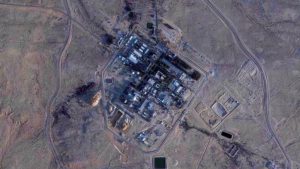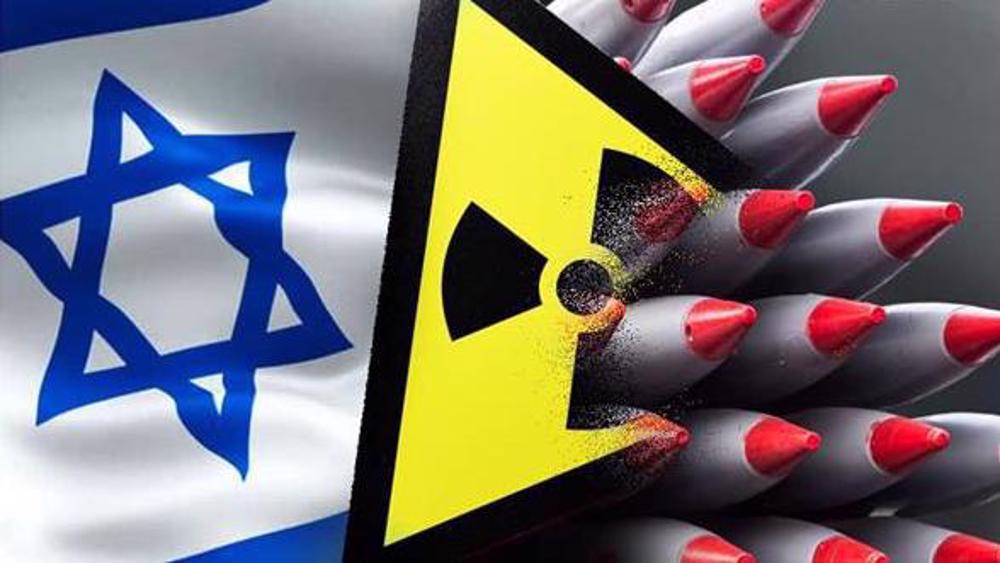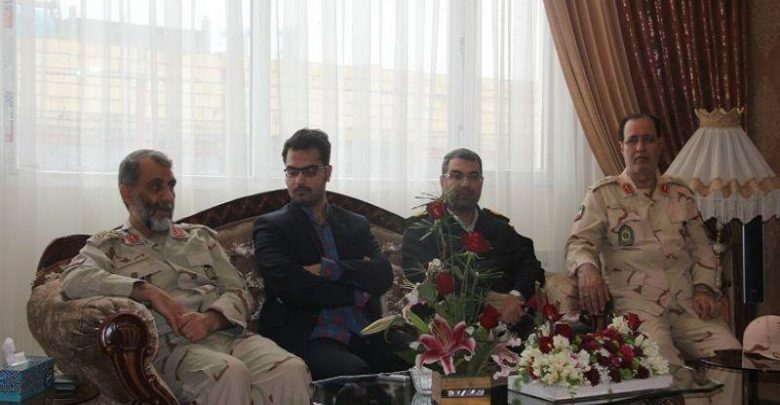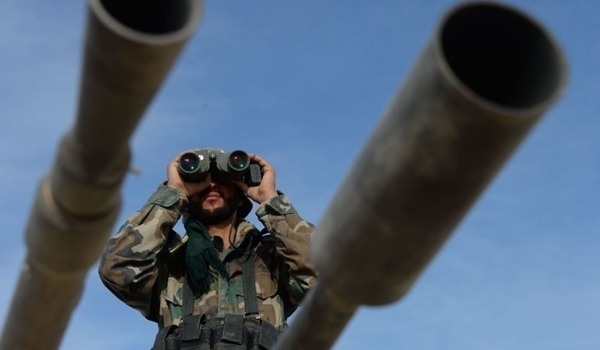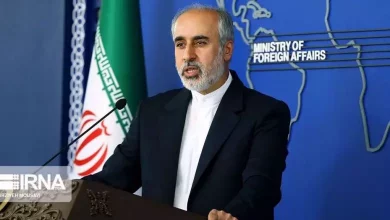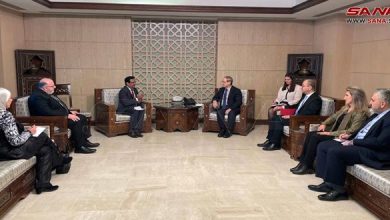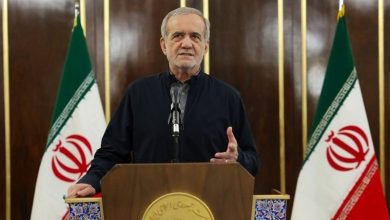UN General Assembly says Israel must give up nuclear weapons, accede to NPT
The United Nations General Assembly overwhelmingly backs a resolution urging Israel to give up its nuclear weapons and join the Treaty on the Non-Proliferation of Nuclear Weapons (NPT).
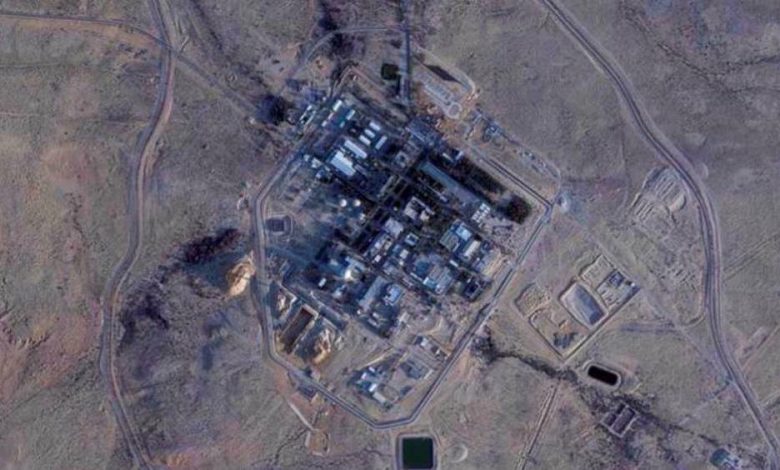
During its meeting on Wednesday, 149 voted in favor and six against the text of a resolution whose earlier version had been approved in the General Assembly’s Fifth Committee in October with a 152-5 vote.
Ukraine had voted against Israel in the Fifth Committee, but this time around was absent from the proceedings after it had been criticized for standing against the Tel Aviv regime.
The resolution urges Israel “not to develop, produce, test or others acquire nuclear weapons” and to “renounce possession of nuclear weapons.”
It also called on Israel to accede to the NPT and to place all its nuclear facilities under the comprehensive International Atomic Energy Agency Safeguards.
Canada, Israel, Micronesia, Palau and the United States voted against the resolution. Liberia, which had been absent from the vote in October, changed its position and opposed it.
The resolution was put forward by Palestine and 20 countries, including Israel’s allies in the Middle East such as Egypt, Jordan, Bahrain, Morocco, Sudan and the United Arab Emirates.
Israel is widely known as the sole possessor of nukes in the Middle East, but it has never admitted to having such an arsenal.
Israel, India, Pakistan and South Sudan have not signed the NPT.
Only Israel voted against a resolution calling for the establishment of a nuclear-free zone in the Middle East, a text that had the support of 175 out of the UN 193 nations while the US and Singapore abstained.
Israel, which pursues a policy of deliberate ambiguity about its nuclear weapons, is estimated to possess 200 to 400 nuclear warheads in its arsenal, making it the sole possessor of non-conventional arms in West Asia.
What has emboldened Tel Aviv to accelerate its nuclear activities, according to observers, is the support from the United States and Europe, the two parties most critical of Iran’s peaceful nuclear program.
